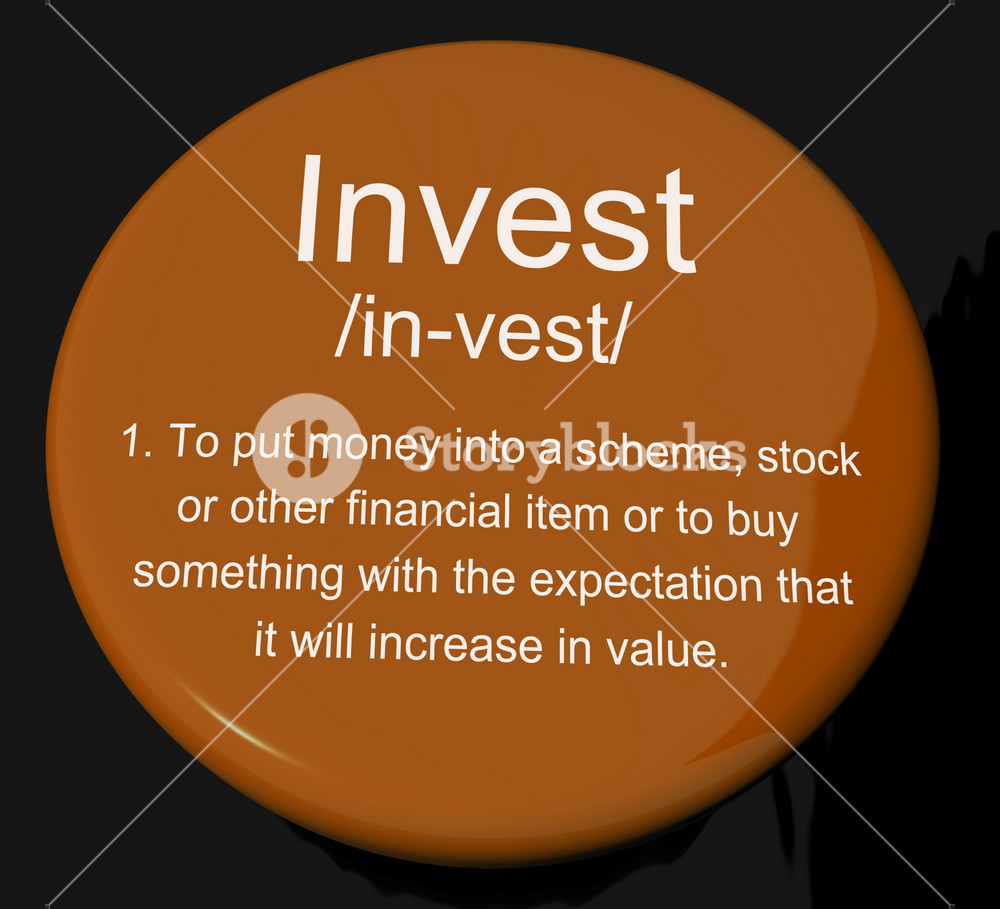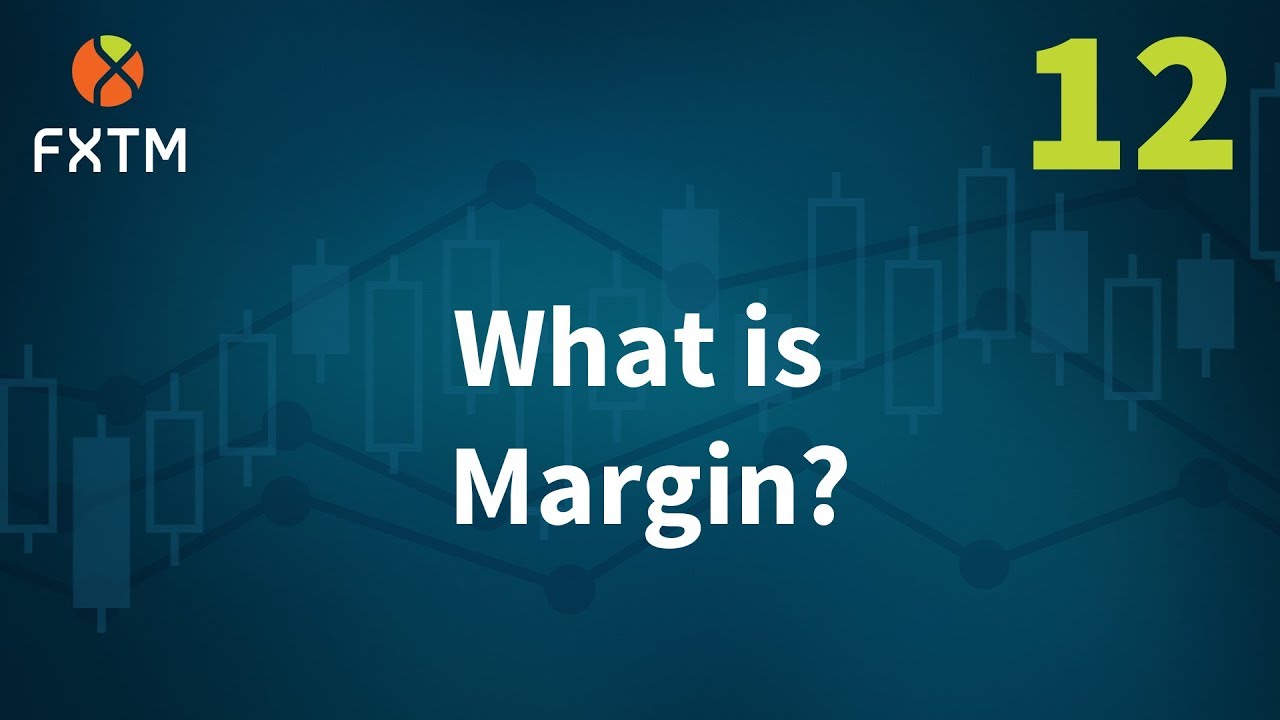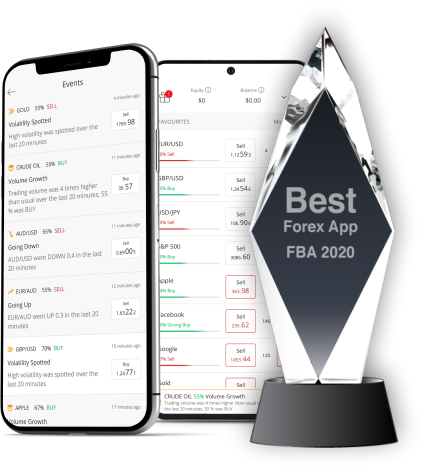
Future contracts are financial instruments that have a fixed price or date at which the asset is to be delivered. There are many kinds of future contracts with different names and expiration dates. In most cases, you will receive a quote with figures associated with each type of futures contract. These quotes will include all the key facts you need to know about a futures contract. This article will cover some of the most well-known futures contracts, and what makes them different.
Speculators
Future contract speculators base their decisions on the direction of prices. In stock market, they look for price movements in a short period of time. In futures market, however, the trading period is months. Future contract traders look for short-term price movements, which can be done in just minutes. So, future traders base their decisions upon their predictions about market direction.

Hedgers
A futures agreement is a financial instrument used by traders and investors to set a price for an asset. These types are more leveraged than regular futures. Futures can be used by hedgers in order to lower risk due to uncertain market conditions. Arbitrageurs can buy or sell futures contracts in order to make a profit on the mispricings of the underlying asset. These instruments are not the best for hedge funds but are still beneficial to the global finance system.
Standardised contracts
Standardised future contracts can be used to trade securities or physical commodities at a fixed price for the future. These transactions are traded on organized markets and are guaranteed for execution. In some cases, the parties involved do not exchange the underlying value of the securities or commodities. UN Global Compact is an initiative of the United Nations to encourage corporate social responsibility, and management of risk within businesses. This initiative has led to the rise of futures contract.
Physical delivery
Traditionally, commodity contracts for futures are settled at expiration by physical delivery. Traders who are long or short positions in a contract must deliver or receive the underlying commodity at a pre-specified location. The delivery costs include transportation and storage as well as insurance. This can also impact the performance of the contract. Therefore, a shorter delivery list could increase hedging efficiency. These are the reasons to change futures settlement.

Cash settlement
The cash settlement of a future contract requires cash to be transferred at a set price. This price is determined using a formula that links the futures market with the cash market. The final settlement price is expected to reflect the value of the underlying instrument in the cash market at the time of the futures contract's expiration. Cash settlements allow the short-term holder to receive the difference in cash. These types can be settled by The LME Clear. It is the central counterparty-clearing house for LME.
FAQ
How do you invest in the stock exchange?
Brokers can help you sell or buy securities. Brokers can buy or sell securities on your behalf. Trades of securities are subject to brokerage commissions.
Banks typically charge higher fees for brokers. Banks are often able to offer better rates as they don't make a profit selling securities.
If you want to invest in stocks, you must open an account with a bank or broker.
If you use a broker, he will tell you how much it costs to buy or sell securities. This fee is based upon the size of each transaction.
You should ask your broker about:
-
Minimum amount required to open a trading account
-
How much additional charges will apply if you close your account before the expiration date
-
What happens to you if more than $5,000 is lost in one day
-
How long can positions be held without tax?
-
How much you can borrow against your portfolio
-
Whether you are able to transfer funds between accounts
-
How long it takes transactions to settle
-
The best way to sell or buy securities
-
How to avoid fraud
-
How to get help if needed
-
Whether you can trade at any time
-
If you must report trades directly to the government
-
If you have to file reports with SEC
-
What records are required for transactions
-
What requirements are there to register with SEC
-
What is registration?
-
How does it affect me?
-
Who must be registered
-
When do I need registration?
Who can trade in stock markets?
Everyone. However, not everyone is equal in this world. Some have greater skills and knowledge than others. So they should be rewarded for their efforts.
There are many factors that determine whether someone succeeds, or fails, in trading stocks. For example, if you don't know how to read financial reports, you won't be able to make any decisions based on them.
Learn how to read these reports. Understanding the significance of each number is essential. You must also be able to correctly interpret the numbers.
You'll see patterns and trends in your data if you do this. This will enable you to make informed decisions about when to purchase and sell shares.
And if you're lucky enough, you might become rich from doing this.
How does the stock market work?
A share of stock is a purchase of ownership rights. A shareholder has certain rights. He/she may vote on major policies or resolutions. He/she has the right to demand payment for any damages done by the company. The employee can also sue the company if the contract is not respected.
A company cannot issue shares that are greater than its total assets minus its liabilities. It is known as capital adequacy.
Companies with high capital adequacy rates are considered safe. Low ratios can be risky investments.
What is the difference in a broker and financial advisor?
Brokers help individuals and businesses purchase and sell securities. They take care of all the paperwork involved in the transaction.
Financial advisors are experts on personal finances. They use their expertise to help clients plan for retirement, prepare for emergencies, and achieve financial goals.
Banks, insurance companies or other institutions might employ financial advisors. They could also work for an independent fee-only professional.
Consider taking courses in marketing, accounting, or finance to begin a career as a financial advisor. Additionally, you will need to be familiar with the different types and investment options available.
What is a Mutual Fund?
Mutual funds are pools or money that is invested in securities. Mutual funds provide diversification, so all types of investments can be represented in the pool. This helps reduce risk.
Managers who oversee mutual funds' investment decisions are professionals. Some mutual funds allow investors to manage their portfolios.
Because they are less complicated and more risky, mutual funds are preferred to individual stocks.
Statistics
- The S&P 500 has grown about 10.5% per year since its establishment in the 1920s. (investopedia.com)
- Our focus on Main Street investors reflects the fact that American households own $38 trillion worth of equities, more than 59 percent of the U.S. equity market either directly or indirectly through mutual funds, retirement accounts, and other investments. (sec.gov)
- US resident who opens a new IBKR Pro individual or joint account receives a 0.25% rate reduction on margin loans. (nerdwallet.com)
- Ratchet down that 10% if you don't yet have a healthy emergency fund and 10% to 15% of your income funneled into a retirement savings account. (nerdwallet.com)
External Links
How To
How to Trade Stock Markets
Stock trading involves the purchase and sale of stocks, bonds, commodities or currencies as well as derivatives. Trading is French for traiteur. This means that one buys and sellers. Traders buy and sell securities in order to make money through the difference between what they pay and what they receive. It is one of the oldest forms of financial investment.
There are many ways to invest in the stock market. There are three main types of investing: active, passive, and hybrid. Passive investors simply watch their investments grow. Actively traded traders try to find winning companies and earn money. Hybrid investors use a combination of these two approaches.
Passive investing is done through index funds that track broad indices like the S&P 500 or Dow Jones Industrial Average, etc. This method is popular as it offers diversification and minimizes risk. Just sit back and allow your investments to work for you.
Active investing involves selecting companies and studying their performance. An active investor will examine things like earnings growth and return on equity. They then decide whether or not to take the chance and purchase shares in the company. If they feel that the company is undervalued, they will buy shares and hope that the price goes up. On the other side, if the company is valued too high, they will wait until it drops before buying shares.
Hybrid investment combines elements of active and passive investing. For example, you might want to choose a fund that tracks many stocks, but you also want to choose several companies yourself. You would then put a portion of your portfolio in a passively managed fund, and another part in a group of actively managed funds.